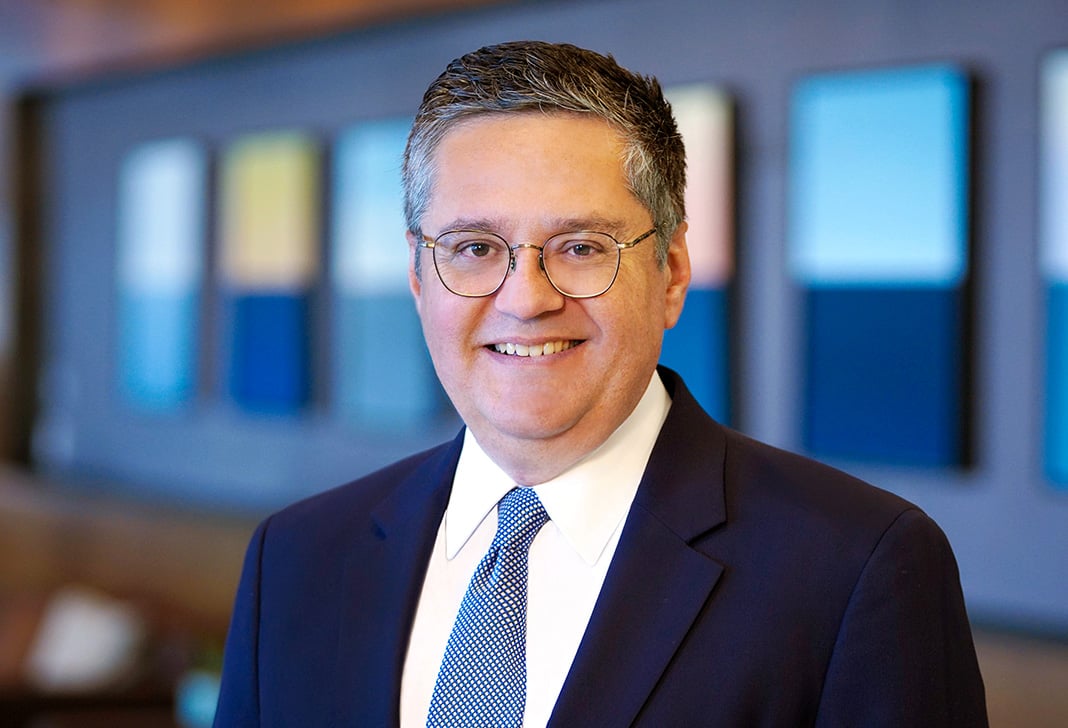Dole defends against multiple cross-border mass tort cases alleging injuries from pesticide exposure
Client(s) Dole Food Company, Inc.
Jones Day defended Dole Food Company, Inc. in multiple toxic tort lawsuits brought by agricultural workers from 13 countries claiming that the use of the pesticide dibromochloropropane (DBCP) on banana farms in Latin America, Africa, and the Philippines during the 1970s caused adverse health effects. Over 20,000 plaintiffs brought lawsuits, including class actions, in Texas, Louisiana, California, Hawaii, and Mississippi.
In a Los Angeles-based action, Jose Adolfo Tellez, et al., v. Dole Food Company, Inc., et al. (L.A. Sup. Ct., Case No. BC 312852), Jones Day defended Dole in a 5-month trial brought by 12 former Nicaraguan banana workers claiming sterility as a result of their alleged exposure to DBCP on banana farms during the 1970s. Jones Day obtained a defense verdict as to 6 of the plaintiffs. Moreover, during post-trial motions, Jones Day won a motion for new trial as to a seventh plaintiff and successfully argued that the plaintiffs' claim for strict liability was not a viable claim as to Dole. The result was that an eighth plaintiff, who had only recovered on a strict liability theory, also could not recover against Dole. The Tellez action was the first of its kind to go to trial in the United States.
Jones Day also represented Dole in a federal action brought by nearly 700 Ivorian banana and pineapple workers under the Alien Tort Claims Act. Among other things, the plaintiffs claimed that the use of DBCP on the banana and pineapple farms in the Ivory Coast constituted genocide, crimes against humanity, and systematic racial discrimination. Dole successfully moved for judgment on the pleadings as to the genocide claim, and, following amendment of the complaint, successfully moved to dismiss the remaining claims. On appeal, the Ninth Circuit affirmed the district court's ruling in all respects.
Finally, in a number of cases, including Delgado v. Shell and Patrickson v. Dole Food Co., Dole and other defendants impleaded a former manufacturer of DBCP that had been owned by an intermediate holding company that in turn was formerly owned (but not owned at the time of suit) by the State of Israel. The former manufacturer removed the cases to federal court under a provision of the Foreign Sovereign Immunities Act (FSIA) that gives state-owned enterprises the right to a federal forum. The Fifth and Ninth Circuits split on this theory. Jones Day wrote a petition for certiorari based on the FSIA theory and, after the Supreme Court granted certiorari, briefed the case on the merits. The Supreme Court ultimately concluded that the FSIA required direct ownership, not ownership through one or more intermediate companies, and that the removal right is only available to companies that are state-owned at the time of suit.
Jose Adolfo Tellez, et al. v. Dole Food Company, Inc., et al., No. BC312852 (L.A. Cty. Sup. Ct.); Delgado v. Shell; Patrickson v. Dole Food Co.

